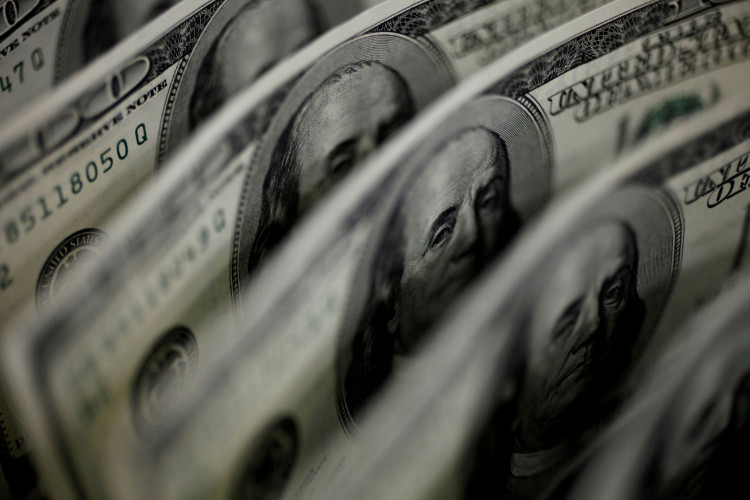California regulators closed down Silicon Valley Bank on Friday, marking the most significant bank failure in the United States since 2008, with the US Federal Deposit Insurance Corporation (FDIC) taking over the failed bank. This development came after SVB Financial Group's shares plummeted more than 60 percent on Thursday when the bank's hurried attempt to raise capital failed.
The bank's announcement that it would sell $1.75 billion worth of shares to shore up its balance sheet resulted in investors selling off their stocks, causing the bank's capital adequacy to be questioned and causing a stock collapse that took it to the lowest level since 2016.
The week started with SVB's announcement that it had sold securities at a loss and would sell $2.25 billion worth of shares to improve its balance sheet, causing panic on the markets and companies that had deposited significant sums in the bank to queue up for withdrawals.
"SVB's condition deteriorated so quickly that it couldn't last just five more hours... That's because its depositors were withdrawing their money so fast that the bank was insolvent, and an intraday closure was unavoidable due to a classic bank run," said Better Markets CEO Dennis M. Kelleher, as reported by CNN.
The tech-focused bank, with more than $210 billion in assets, was ranked as the 16th largest lender in the US at the end of 2022. While the FDIC will take over as the receiver and manage the assets and liabilities, billions of dollars of investor money is in limbo following the failure.
The FDIC stated that the main office and all branches of SVB would reopen on March 13, and all insured depositors would have access to their deposits. However, nearly 90 percent of the bank's $175 billion in deposits are uninsured, leading to doubts about whether many investors will recover their money.
Hours before the collapse, the bank claimed it was well-capitalized, and its CEO Gregory Becker called clients to reassure them that their investment in the Silicon Valley bank was safe.
"While VC (venture capital) deployment has tracked our expectations, client cash burn has remained elevated and increased further in February, resulting in lower deposits than forecasted," Becker said.
According to Reuters, the FDIC is seeking another bank to merge with SVB to manage the crisis, and a merger deal must be sealed by Monday to stem the crisis. If such a deal emerges, the unsecured deposits can be safeguarded. FDIC is an independent federal agency that insures bank deposits and oversees financial institutions.






